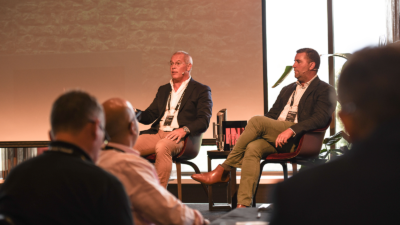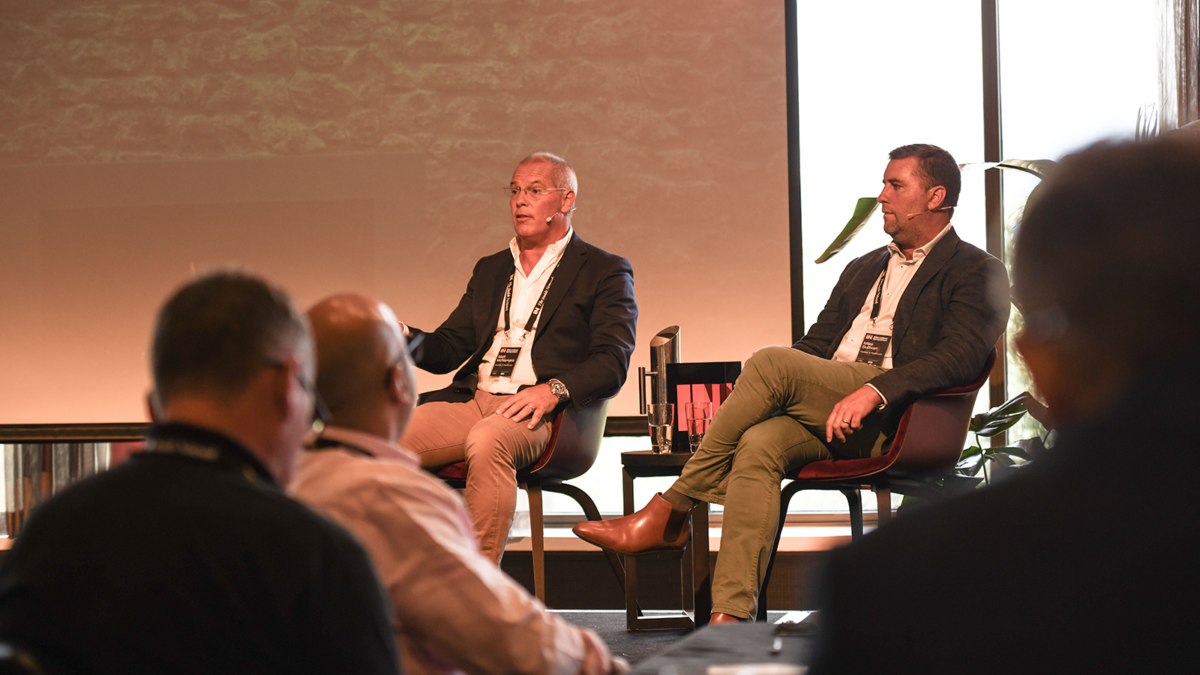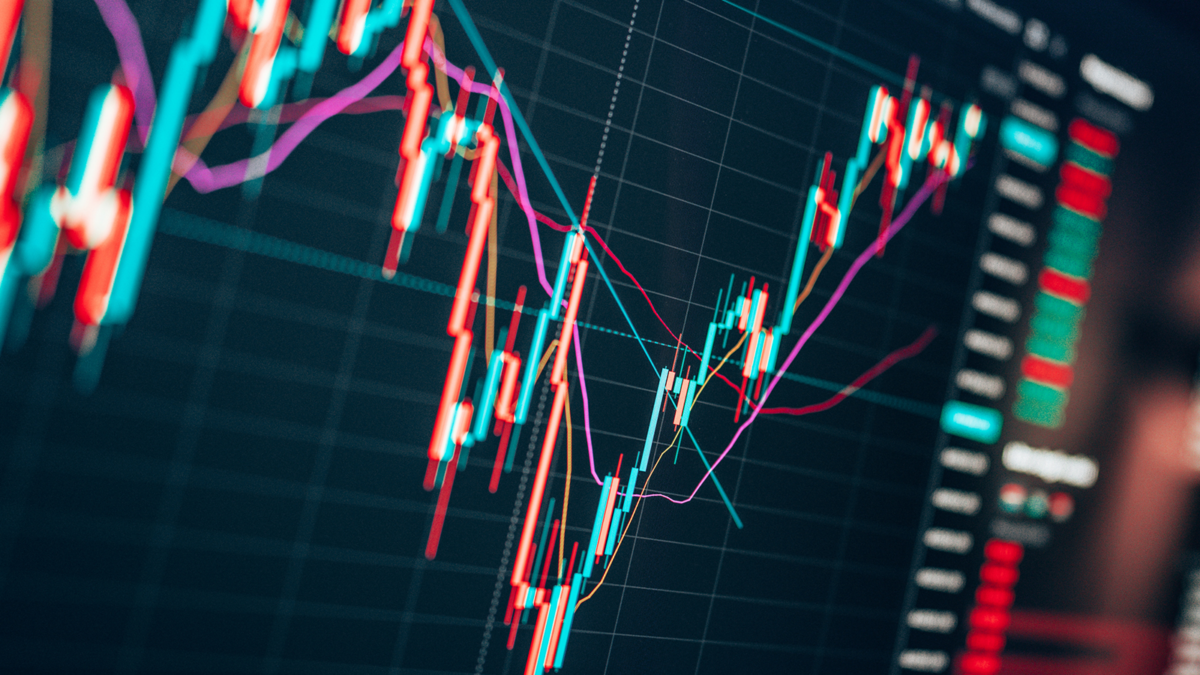‘Investors are essential’ to meeting UN Sustainable Development Goals
International asset manager, Robeco, known for its extensive range of active investments, from equities to fixed income and credit, is also a pioneer in sustainable investing. Having developed a proprietary Sustainable Development Goal (SDG) framework for credit portfolios, the company now sets the standard with its credit portfolios by using SDG scores that are validated by an in-house Sustainability Investing Research team.
For those who aren’t familiar with the SDGs, the United Nations outlined 17 key objectives in 2015 with the aim of “improving human society, ecological sustainability and the quality of life.” Shortened to SDGs, these issues range from those that many in the developed world take for granted, like ‘quality education,’ to more ambitious targets including the elimination of poverty.
The SDGs remain a core objective of every member of the UN but with the trend towards more sustainable and ESG-focused investing, they are increasingly being adopted as the raison d’etre for asset managers and governments alike.
The team at Robeco was among the first to develop an investment framework focused on the SDGs, ultimately offering a solid and measurable sustainability profile built via its internal research team. The culmination of this was the firm’s SDG Credit strategies, which have seen growing interests since their launch in 2018.
In a recent paper, the research team reflects on its experiences and successes over the last three years while identifying further opportunities for growth. Among its key takeaways was the fact that while there has been some progress, “it’s far from enough.”
In fact, the paper highlights the SDG challenges the world faces as “alarming.” reflected by the fact that reports on the first phase of the SDG agenda show “unequivocally that progress towards achieving the SDGs has been slow in all parts of the world.” This despite improvement in the share of energy consumption from renewables and more of the world’s oceans becoming legally protected.
COVID-19 has proven to be an excellent stress-test for the SDG approach. Robeco says, “it lays bare the relevance and importance of the SDG agenda: the shared SDG agenda presents the best possible approach to managing Covid-19 with the objective of ensuring that, now and in the future, we nurture human well-being while safeguarding environmental and economic sustainability.”
It is becoming more widely accepted that “SDGs are good for business,” giving investors the ability to “invest in the sustainable future of people and the planet.” Importantly, the opportunities aren’t limited to individual sectors or asset classes, but cover everything from infrastructure, to housing, food, medicine and providing finance and insurance.
One estimate, by the Business and Sustainable Development Commission, suggests that the SDGs present market opportunities of as much as US$12 trillion ($16.2 trillion) per year.
It isn’t always about growth, however, with Robeco highlighting the benefits that having an SDG focus can have on identifying and then mitigating risks. For example, businesses and investors that fail to recognize the implications of the transition to a lower-carbon economy face the risk of a business rendered unviable by changing consumer demand or regulation.”
Ultimately, achievement of the SDGs will rely on investors, with two key ways to make a difference. On the one hand “avoiding financing the companies that are not in line with them” and the second is through active ownership. “By using our position as active owners, we can use voting and engagement to effect changes,” Robeco says.
In order to integrate SDGs into investment strategies, one needs to know what impact companies have on the SDGs. The Robeco SDG framework provides an objective, consistent and replicable approach to assessing positive and negative SDG contributions in an investment portfolio.
In light of the success of the first three years, Robeco’s research team is now turning to sovereign (government) debt, seeking to identify which countries are the best investment targets based on their progress on SDGs.
In Australia, Robeco currently offers a global credit solution that applies the Robeco SDG investment framework: Robeco SDG Credit Income strategy. Only bonds with an SDG score of zero (neutral) or higher are eligible for inclusion in the portfolio; the strategy does not invest in companies that detract from these goals. As such, the strategy is designed to make a clear contribution to the SDGs while also aiming to optimise yield and income.
This article was prepared in partnership with Robeco, if you would like to discover how to create a positive impact with credit investing and deliver attractive results, get started with the Introductory Guide to SDG Credits, which explains the ins and outs of Robeco Credits investing and how it can benefit your clients.
Download our guide to investing in SDG Credits>










